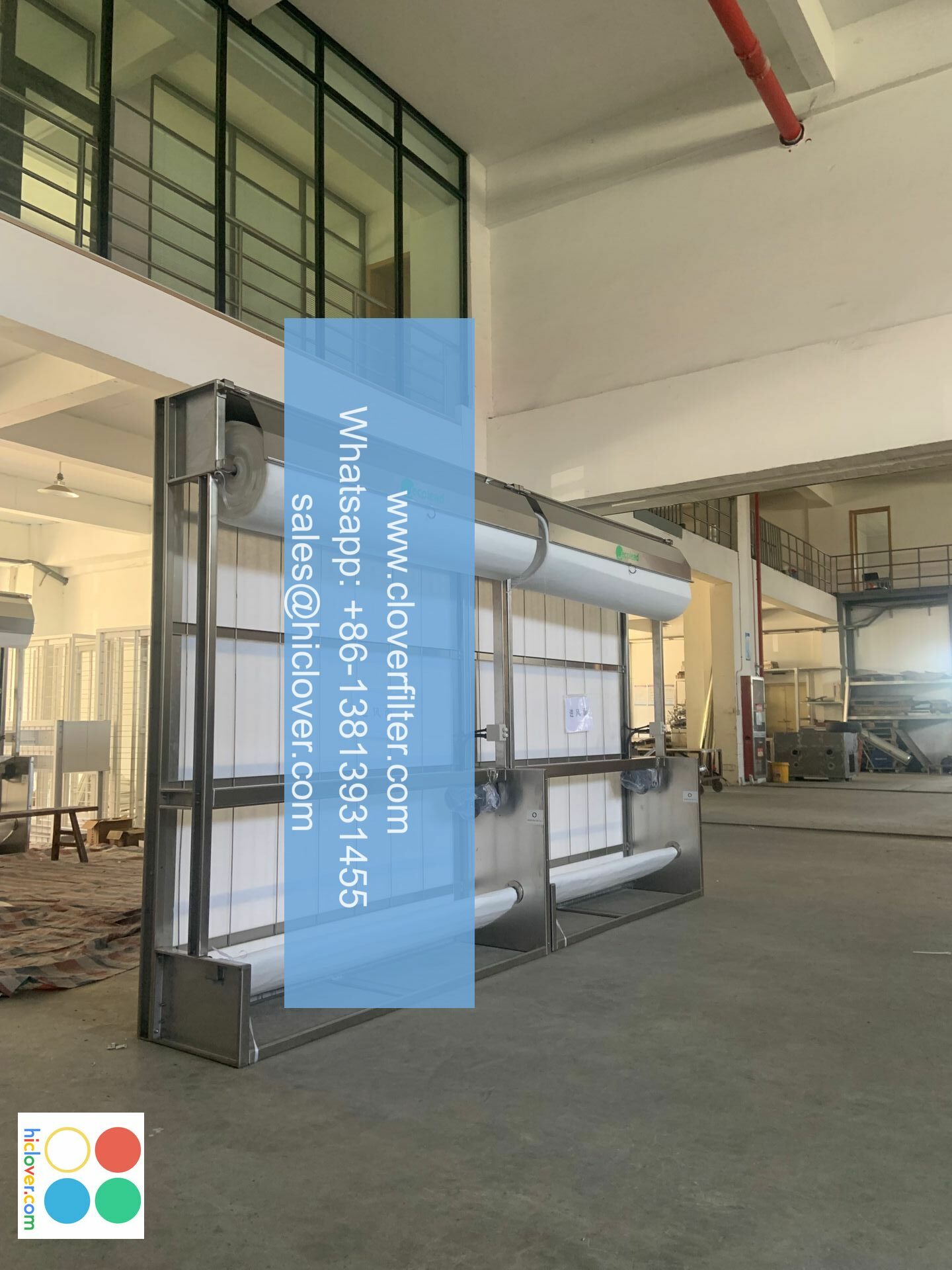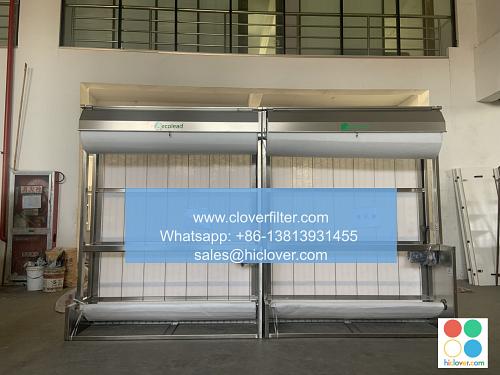The Benefits of HEPA Air Filters: Do They Really Make a Difference?

Air pollution has become a major concern in recent years, with many people suffering from respiratory problems and other health issues due to poor indoor air quality. One of the most effective ways to improve indoor air quality is by using HEPA (High Efficiency Particulate Air) filters. But do they really make a difference? In this article, we will explore the benefits of HEPA air filters and their various application areas, including indoor air purification, allergen removal, and air pollution control.
What are HEPA Air Filters?
HEPA air filters are designed to capture 99.97% of particles as small as 0.3 microns, including dust, pollen, mold, bacteria, and viruses. These filters use a combination of interception, impaction, and diffusion to trap particles, making them highly effective at removing airborne contaminants. HEPA filters are commonly used in air purifiers, vacuum cleaners, and HVAC systems to improve indoor air quality.
Benefits of HEPA Air Filters
The benefits of HEPA air filters are numerous and well-documented. Some of the most significant advantages include:
* Improved indoor air quality: HEPA filters can remove up to 99.97% of airborne particles, making them highly effective at improving indoor air quality.
* Relief from allergies: By removing allergens such as dust, pollen, and mold, HEPA filters can provide relief from allergic reactions and respiratory problems.
* Reduced risk of illness: HEPA filters can capture bacteria and viruses, reducing the risk of illness and infection.
* Increased energy efficiency: By improving indoor air quality, HEPA filters can also increase the energy efficiency of HVAC systems and air purifiers.
Application Areas of HEPA Air Filters
HEPA air filters have a wide range of application areas, including:
* Home and office air purification: HEPA filters can be used in air purifiers and vacuum cleaners to improve indoor air quality in homes and offices.
* Industrial air pollution control: HEPA filters can be used in industrial settings to remove airborne contaminants and improve worker health and safety.
* Medical facilities: HEPA filters can be used in hospitals and medical facilities to reduce the risk of infection and improve patient health.
* Transportation systems: HEPA filters can be used in vehicles and public transportation systems to improve indoor air quality and reduce the risk of illness.
Conclusion
In conclusion, HEPA air filters are highly effective at improving indoor air quality and reducing the risk of illness and infection. With their ability to capture 99.97% of particles as small as 0.3 microns, HEPA filters are a valuable tool in the fight against air pollution. Whether used in home and office air purification, industrial air pollution control, medical facilities, or transportation systems, HEPA air filters are a simple and effective way to improve indoor air quality and protect public health. You haven’t provided a question or topic for me to assist you with. Please provide more context or information so I can better understand how to help you. What would you like to talk about or ask?

